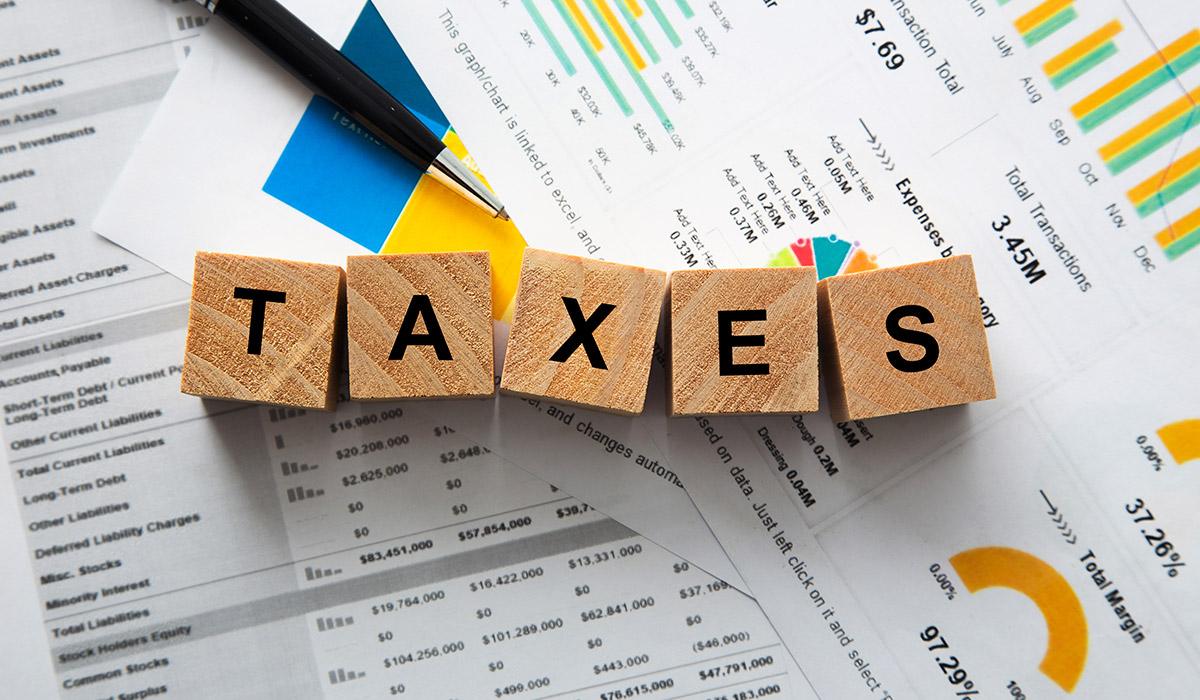Imprints from the Processing and Manufacturing Industry in Attracting FDI
In August 2025, Vietnam’s processing and manufacturing sector attracted significant foreign direct investment (FDI), with key projects including Luxshare-ICT’s (China) $300 million Smartphone Manufacturing Project in Bac Ninh and Hailide Fibers’ (Hong Kong) Synthetic Fiber Factory in Tay Ninh, which increased its capital by $200 million to a total of $335 million. These projects helped the sector secure $1.6 billion in FDI for the month, accounting for 76.5% of Vietnam’s total FDI inflow.
According to the Foreign Investment Agency (Ministry of Finance), the sector has cumulatively attracted $320.7 billion in FDI, representing 61.3% of Vietnam’s total valid FDI of $523.5 billion. In the first eight months of 2025, the sector drew $15.3 billion, or 58.5% of total registered FDI, up 7.7% from 2024. This contributed to a total registered FDI of $26.1 billion for Vietnam in 2025, a 27.3% increase year-on-year, with $15.4 billion realized. The agency highlights these figures as evidence of Vietnam’s appeal as a global investment destination.
Notably, while additional investments and capital contributions or share purchases surged-reaching $10.6 billion (up 85.9%) and $4.5 billion (up 58.8%), respectively-newly registered capital fell by 8.1% to $11 billion. This decline reflects investor caution in launching new projects amid global market volatility. However, the expansion of existing projects signals strong long-term confidence in Vietnam’s market.
Despite the sector’s dominance, with 58.5% of total FDI, the agency warns of risks tied to potential disruptions in the global electronic-components supply chain, where Vietnam is a key player. The U.S.’s “reciprocal tax” policy could further influence FDI trends. To maintain its attractiveness, Vietnam must streamline administrative processes, expedite licensing, and reduce pre-investment costs. Replacing tax incentives with robust support mechanisms is also critical.
Support policies with significant potential include facilitating access to land and business premises, improving infrastructure and social housing near industrial parks, simplifying visa and work permit processes, and enhancing workforce training. The Foreign Investment Agency emphasizes the need to continuously improve the investment environment, infrastructure, and supporting industries to boost Vietnam’s competitiveness in attracting FDI.















